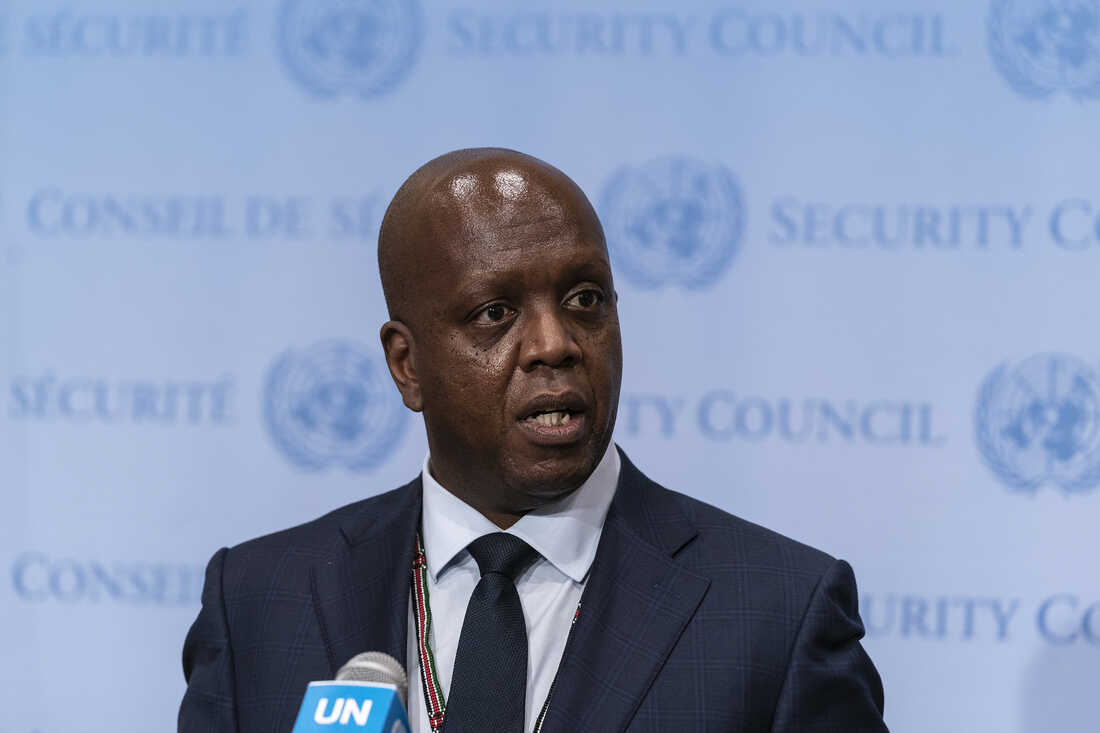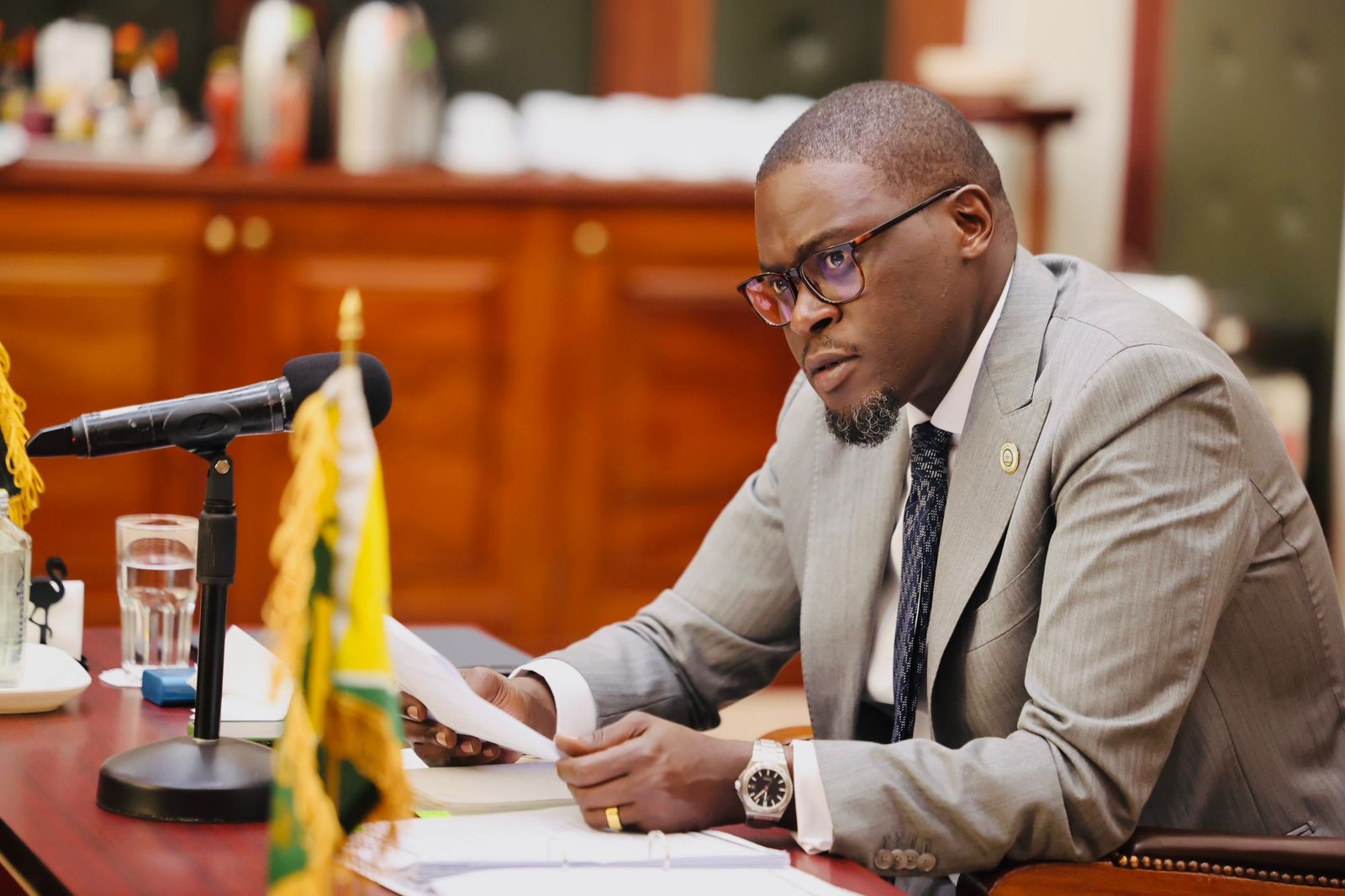Kenya faults UN Security Council over veto power

Ambassador Kimani criticised the United States' veto on addressing the humanitarian crisis in Gaza.
Kenya has condemned the use of veto power by permanent members of the UN Security Council, arguing that it hampers the body's ability to respond effectively to global crises.
Martin Kimani, Kenya's UN Permanent Representative, delivered Nairobi's statement during the Veto Initiative Debate on Thursday, expressing concern about the deterioration of Security Council decisions binding nature and implementation.
More To Read
- Ban Ki-moon warns UN Security Council risks irrelevance without reform
- M23 rejects foreign support claims, calls for dialogue under Doha peace process
- Egypt rejects US plan for foreign control in Gaza, insists Palestinians must govern themselves
- UN’s Guterres vows to push for Palestine two-state solution, says he will ‘not shut up’
- Kenya’s Phoebe Okowa elected to serve as judge at International Court of Justice
- Reports reveal British weapons used by Sudan’s RSF to commit atrocities
"Deterioration in the binding nature, and the implementation, of Security Council decisions is leading us to a dangerous multipolar order that struggles to cooperate in preventing nuclear war and solving major threats to peace."
Kimani referenced Resolution 76262, adopted by the General Assembly, aimed at holding permanent Council members accountable for their use of veto:
"The purpose of resolution 76262 is to increase accountability in the use of a negative vote by a permanent member of the UNSC. Not to condemn it as we have so often done recently."
He cited specific instances where the use of veto had hindered important actions, such as the Russian Federation's veto on renewing a sanctions committee mandate for the Democratic People's Republic of Korea:
"The negative vote cast by the Russian Federation on the Security Council on March 28 halted the renewal of the mandate for the panel of experts aiding the 17/18 sanctions committee on the Democratic People's Republic of Korea."
Gaza humanitarian crisis
Kimani also criticised the United States' veto on addressing the humanitarian crisis in Gaza.
He faulted the US use of the veto to block the council's action in response to the humanitarian crisis in the Gaza Strip.
He also warned against the erosion of the Council's authority and legitimacy.
"The unwillingness to implement the council's resolutions coupled with the erosion of the binding effects of its decisions if left unchecked threatens to permanently transform the Security Council into a shadow of its intended self," Kimani said.
Kimani emphasised the importance of major powers adhering to the UN Charter in promoting balance and stability in a multipolar global order.
"Many member states hold the view that a multipolar global order will promote balance and stability, however, this goal can only be realised if the major powers particularly those with the Security Council veto are prepared to accept difficult compromises and adhere to the UN charter."
The creators of the United Nations Charter conceived that five countries — China, France, the USSR (which was succeeded in 1990 by the Russian Federation), the United Kingdom and the United States — because of their key roles in the establishment of the United Nations, would continue to play important roles in the maintenance of international peace and security.
Other Topics To Read
They were granted the special status of Permanent Member States at the Security Council, along with a special voting power known as the "right to veto".
Top Stories Today















































